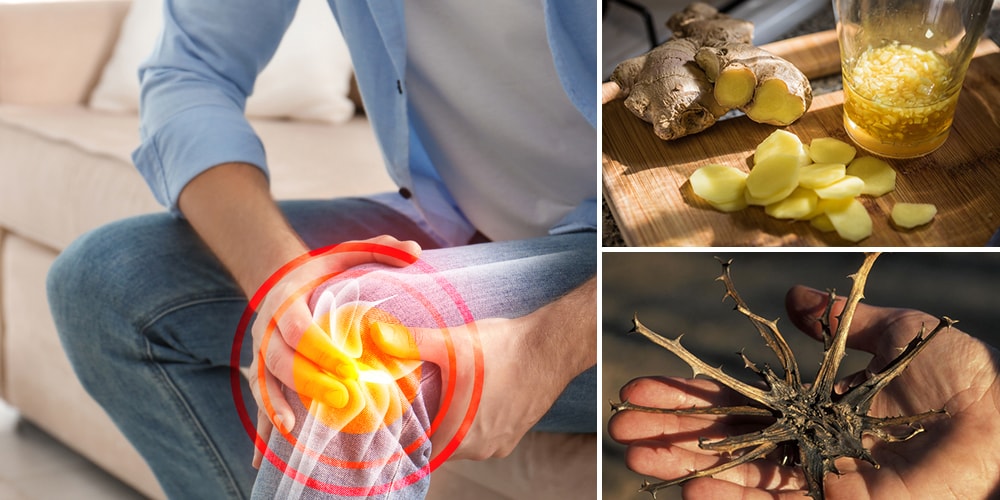
Natural Remedies for Joint Pain
Whether it’s a dull ache or a sharp, shooting pain, joint pain can severely impact our quality of life and limit our ability to carry out everyday activities. From osteoarthritis to overuse injuries, there are many potential causes of joint pain.
In this article, we’ll explore some of the most common causes of joint pain and share some tips for managing and reducing your symptoms.
Causes of Joint Pain
Arthritis is an inflammatory disease of the joints afflicting millions of people around the world. The joints, or the area where the bones meet, may experience swelling, stiffness and burning sensation. It mostly affects the knees, hips and hands or different joints in the body, limiting a person’s daily activity. According to the CDC, arthritis is one of the leading causes of work disability in adults. There are about 100 types of arthritis but the most common of them are osteoarthritis and rheumatoid arthritis.
It is common knowledge that arthritis is prevalent in elderly people. But young people can also succumb to the condition which stems from different causes. Affected people resort to different pain management methods like body massage, acupuncture and herbal medications. Doctors may prescribe anti-inflammatory drugs or surgical treatment for joint replacement when needed.
Osteoarthritis (OA) is the degenerative type often referred to as “wear-and-tear” arthritis. That’s because OA is a result of changes in bone tissue and cartilage. When these cartilage and tissues rub together, they cause friction, inflammation and eventually, joint damage.
Arthritis caused by autoimmune disease is called rheumatoid arthritis (RA). It is a systemic condition in which the immune system attacks its own connective tissues. RA affects many tissues at once causing painful swelling of the affected parts. Over time, rheumatoid arthritis can deform the bone and cause problems in body organs.
Gout is a type of arthritis that occurs when uric acid crystals build up in the joints, leading to severe pain and inflammation. Gout is most commonly found in the big toe, but it can also affect other joints in the body. Treatment options for gout typically involve medications, but lifestyle changes, such as avoiding alcohol and certain foods, can also be helpful.
Fibromyalgia is a chronic condition that causes widespread pain throughout the body, as well as fatigue, sleep disturbances, and other symptoms. The exact cause of fibromyalgia is not fully understood, but it is thought to be related to abnormalities in the way the brain processes pain signals. Treatment options for fibromyalgia typically involve a combination of medication and lifestyle changes, such as getting regular exercise and reducing stress.
Many people experience joint pain as a result of overuse injuries, such as tennis elbow or runner’s knee. These types of injuries typically occur when we repeatedly put stress on a particular joint or muscle group. To avoid overuse injuries, it’s important to warm up properly before exercising, use proper form when lifting weights, and give your body time to rest and recover between workouts.
Natural Remedies for Joint Pain
The chronic pain that arthritic patients feel may persist despite modern medicine and treatment programs. Many patients then tap into the effectiveness of complementary medicines to better manage the symptoms.
Inflammation is the most debilitating pain in arthritis. That is why herbs with potent anti-inflammatory properties are a good starting point. Some herbs contain chemicals and compounds that behave like NSAIDs for relieving chronic pain.
Turmeric
Turmeric (Curcuma longa) is a cure-all root that can remedy almost all diseases known to man, even those idiopathic in nature. Idiopathic diseases are ailments with unknown or uncertain causes. The main compound in turmeric, curcumin, is a highly anti-inflammatory antioxidant. It makes turmeric a very potent treatment for a wide range of diseases including the reduction of joint pain.
When ingested, turmeric neutralizes the free radicals and prevents further damage in the cells.
To relieve arthritic pain, dissolve 1 tsp of turmeric in a glass of lukewarm plant-based milk. Add a pinch of black pepper into the water before drinking to increase its absorbability. Drink it twice a day until the problem is resolved.
Ginger
Ginger (Zingiber officinale) is one of the most widely available herbs used for treating pain caused by arthritis. It is widely used for managing different pains like osteoarthritis, rheumatoid arthritis, rheumatism, tendon inflammations and sprains.
The rhizome of ginger has long been used in traditional medicine as an analgesic. Frequent intake significantly reduces the pain and stiffness in the joints affected by arthritis.
Some patients use ginger along with arthritis medication. To avoid unnecessary drug interaction, it is best to consult your doctor before using it as an additional pain reliever. Fortunately, ginger is still safe when used in food amounts.
There are different ways of taking ginger as an joint pain reliever. You can add it to dishes, drink it as tea, suck on the rhizome or take it in powdered form. About 4g of ginger powder or 4 cups of ginger tea daily is safe to consume for managing arthritis symptoms.
⇒ Eat These 10 Foods For 7 Days Straight to Manage Chronic Pain (Video)
Green Tea
Black tea, green tea, white tea and oolong all came from the same plant Camellia sinensis. The difference is the duration of their fermentation processes which also gives them varying strength. Green tea is not allowed to oxidize and is light and fresh compared to black tea which is a stronger brew.
Any of these teas work best against joint pain. But since green tea and white tea are less processed, they contain higher polyphenols and less caffeine. Green tea is rich in polyphenols, or protective antioxidants, and the phytochemical epigallocatechin-3-gallate (EGCG). EGCG is effective in blocking the effects of joint pain without damaging the cells and their functions.
Take two cups of green tea daily to reduce joint pains. Green tea is available commercially in tea bags. If you have the plant, you can start a brew by boiling its dried leaves for a loose-leaf tea. Steep the tea bag of leaves in water for 5 minutes and drink the infusion. Adding ice, honey and lemon or opting for decaf green tea does not affect its healing properties.
Eucalyptus
Liniments, menthol rubs and essential oils are handy products used for temporary joint pain relief. Among the top-notch and super-effective natural remedies is the amazing eucalyptus oil.
Eucalyptus oil is topically applied to the affected area to bring immediate relief. It possesses a strong analgesic property that acts on painful joints. It does not have any health risks unless you are allergic to eucalyptus. To be sure you are not sensitive to eucalyptus, do a patch test on a small portion of the skin.
Eucalyptus essential oil is too strong; it needs to be diluted in a neutral oil like almond, coconut or jojoba oil. To alleviate arthritic pain, dilute 15 drops of eucalyptus essential oil in 2 tbsp of carrier oil. Slightly warm it and use the oil to massage the affected area. You can apply a heating pad to it afterwards to maximize its effect.
Note: Pure eucalyptus oil and its fresh form are toxic. Do not ingest the oil and buy dried eucalyptus in tea bags if you want to take it as tea.
Devil’s Claw
Devil’s claw (Harpagophytum procumbens) is an effective natural arthritis remedy recommended by many herbalists. It contains iridoid glycosides, compounds with strong anti-inflammatory effects. It can effectively relieve pain and reduce inflammation to improve physical functioning and mobility. They work well like NSAIDs but with lower side effects.
Devil’s claw is used either fresh or dried and infused into teas. Drinking the infusion once a day for two to three months can significantly improve the pain relating to arthritis. Devil’s claw is also available as a tablet, capsule and liquid extract. When taking these supplement forms, contact your doctor first, especially if taking other medications.
You can try this effective devil’s claw tea to relieve joint pain:
- Soak 1 tsp of devil’s claw root powder in 250 ml water overnight.
- Strain the mixture the following morning and drink once a day until the condition improves.
Other Complementary Remedies for Joint Pain
The pain can exacerbate during the cold season as the body gets more sensitive to pain and blood circulation is slow. When it happens, you are likely to try every possible way of alleviating the pain, including non-conventional treatment.
As it turns out, complementary remedies do bring relief to this condition. If you are at wit’s end finding ways to manage the pain, here are some of the methods trusted by many arthritic patients.
Acupuncture
Acupuncture is an ancient Chinese form of medicine that produces healing through needle insertion and manipulation. It aims to redirect the flow of energy as its disturbance is what causes pain and diseases. Scientists believe that the process induces cortisol production to control the information. It also stimulates the production of pain-relieving chemicals in the body to reduce the painful sensation.
Heat and Cold Therapy
Heat and cold treatment is a time-tested method of relieving various types of body pains. The process works by stimulating the body’s functioning and healing force. Applying a hot compress on the painful and swollen body part dilates the blood vessels to improve blood circulation and reduce muscle spasms. Shifting to a cold pack constricts the blood vessels to reduce the swelling and numb the pain.
This remedy requires trial and error on the level of temperatures that the body can tolerate. Depending on the arthritis symptoms, you may also use either of the two methods or use them alternately. For chronic pain, swelling and inflammation, cold therapy may work best. Heat is ideal for stiffness and soreness of the joints.
Massage
Massage, or touch therapy, is a drug-free way of easing pain in arthritis for short-term relief. Massage eases joint stiffness and improves circulation while improving the flexibility of the muscles surrounding the joints. This natural treatment is effective for osteoarthritis, but you must be careful when engaging it for RA. Massaging the affected area during the onset of RA may only worsen the condition.
Fatty Acids
Omega-3 fatty acids – ALA, DHA and EPA – have an essential function in lowering inflammation and preventing blood clotting. Omega-3 fats are called essential because they are not produced in the body but are found in food.
They are also obtained from fish oil or cod liver oil. The latter provides a high amount of omega-3, and vitamins A and D. However, because of this high content, cod liver oil is also dangerous and can become toxic. It makes fish oil a popular choice for fatty acid sources in alleviating joint pain.
Takeaway
Natural remedies for joint pain exist to provide both long-term and short-term relief. But they are nothing if patients do not take steps in changing their lifestyle to prevent painful attacks. Managing weight reduces the pressure on the bones and joints and can prevent further damage to the joints. A healthy diet is also key in reversing joint pain.

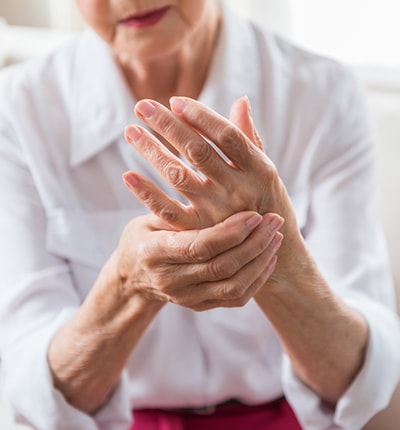
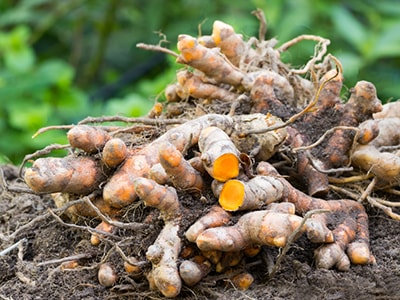
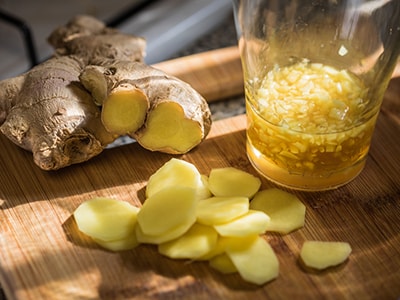
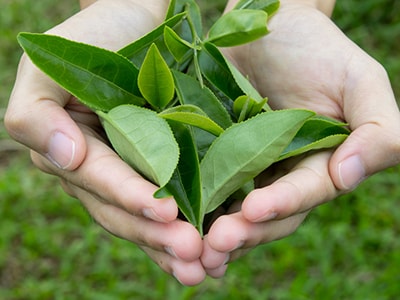
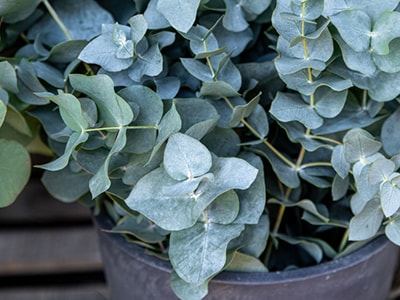
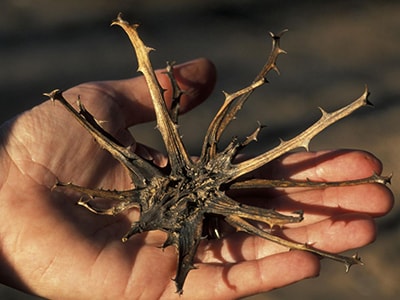
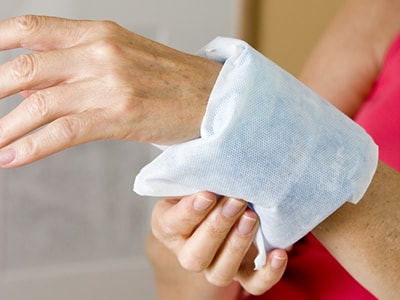
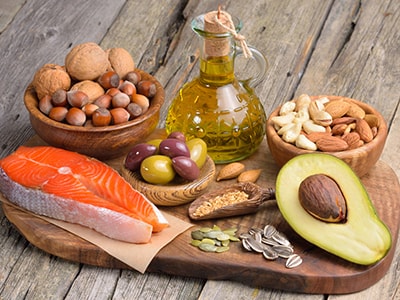
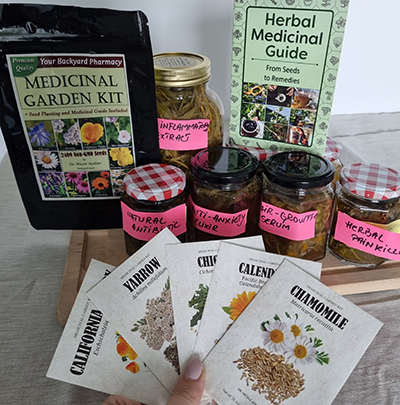
You seem to have overlooked pineapple and bromelain, which I believe you mentioned before. Banana tea with its high tryptophan levels also seems somewhat effective
What do you think about pokeweed berries? I read that it significantly reduces arthritis pain. I took them for a few days but stopped, then began again today. I swallow them like a pill, whole, bc they’re SO BITTER. But I did notice that I wasn’t so sore on the third morning when I took them before… would love to hear what u think! Thanks 🤗
Isn’t poke weed poisonous?
Isn’t all medication poisonous?
If the berries are swallowed whole, no. The seed inside is poisonous but is neutralized in the stomach. Chewing the berries can be toxic as chewing cracks the seed open. Most folks take 2-6 berries a day, many prefer to freeze them first. Start with 1 or 2 and see how you feel, gradually increasing the dose to achieve pain relief. No more than 6 daily from what I’ve read.
I’ve been taking poke weed berries for 2 weeks now. The last 4 days I haven’t had to take my arthritis medicine.
And Plantain , I make a very effective salve with this plant .
Can you share your recipe with us please?
I read a report describing Boron (from borax) as good supplement for treating arthritis however I just read in the lost book of herbal remedies that borax should not be taken orally, so who is correct?
NO Borax – a money making disgraceful scam sadly
Depends on what you read. It was popularized in the 70s by Dr Rex Newnham, a soil scientist who noticed a correlation between depleted boron in the soil and arthritis amongst other things. Look him up and do some reading, then you can make an informed decision yourself one way or the other.